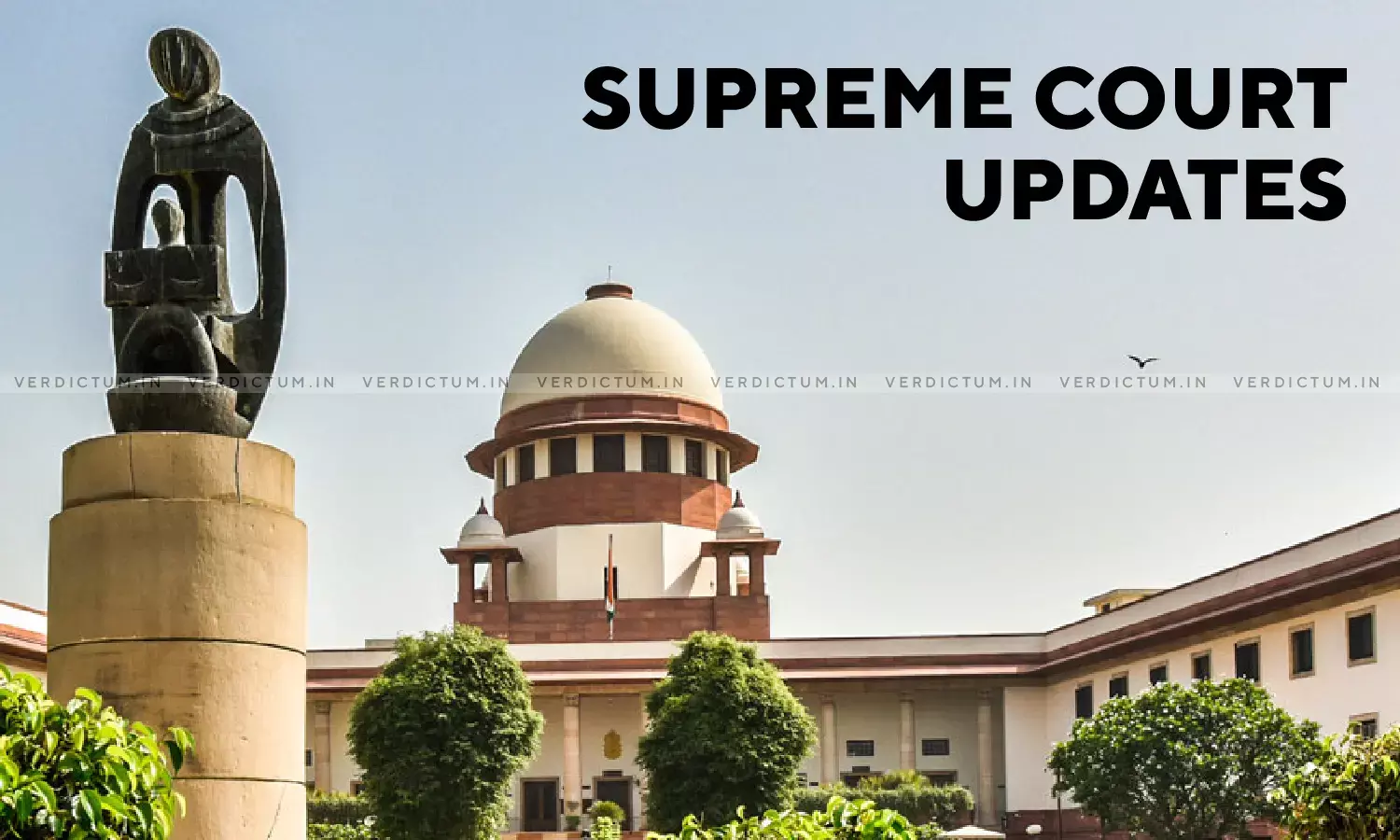Can More Restrictions Be Imposed On Speech Of Public Functionaries? Constitution Bench Reserves Judgment
The Supreme Court today reserved its judgment on whether restrictions can be imposed on a public functionary's right to freedom of speech and expression.
A five-judge Constitution bench headed by Justice S A Nazeer heard the arguments of Attorney General R Venkataramani, Solicitor General Tushar Mehta and lawyers from other parties on the matter.
The bench also comprised Justice B R Gavai, Justice A S Bopanna, Justice V Ramasubramanian, and Justice B V Nagarathna.
"How can we frame a code of conduct for legislators? We would be encroaching into the powers of the legislature and the executive," Justice Gavai observed.
The Attorney General submitted before the bench that any additions or modifications of restrictions to a fundamental right have to come from Parliament as a matter of Constitutional principle.
Mehta said the issue is more of an academic question -- of whether a writ can be filed citing Article 21 for action against a particular statement.
A three-judge bench on October 5, 2017 referred the matter to the Constitution Bench to adjudicate various issues, including whether a public functionary or a minister can claim freedom of speech while expressing views on sensitive matters.
The need for authoritative pronouncement on the issue arose as there were arguments that a minister could not take a personal view and his statement has to be with government policy.
With PTI inputs




